
Legal, honest and truthful: advertising to children in the age of influencers
The UK Parliament’s Digital, Culture Media and Sport Select Committee is currently conducting an inquiry into ‘Influencer culture’ on social media. A new policy brief ...more

By popular demand: the complexities of children’s online safety
If you are on social media, there is little chance that you missed it: yesterday was Safer Internet Day and the online space buzzed with ...more

Democratic lockdown, forced digitalization and blended participation of young citizens
The lockdowns implemented as a result of the COVID-19 pandemic have had profound effects on many areas of society. In this blog, Paul Jacobsen ...more

Growing up in a digital world: vulnerabilities of children in post-pandemic India
The closing down of schools during the Covid-19 pandemic meant a complete reliance on online teaching for students to ensure that formal education remained as ...more

Studies suggest no causal link between young children’s screen time and later symptoms of inattention and hyperactivity
The possibility that screen time during early childhood could cause poorer attention later in a child’s life is a major concern for both parents and ...more

Childhood in a digital world: reviewing the latest issues
Full speed ahead into the new year, we reflect on what we learned over the past six months. P4DF has followed some prominent issues related ...more

“Data: a new direction” – a child rights response
In responding to the UK government’s recent consultation on “Data: a new direction,” LSE’s Professor Sonia Livingstone and 5Rights Foundation researcher Dr Kruakae Pothong drew ...more

Children’s rights in a digital world – Can COVID-19 move governments from evidence to action?
In this blog, Sonia Livingstone, Kristen Hope-Burchill and Konstantinos Papachristou examine the significant impact of the pandemic on children’s digital lives and how governments can ...more
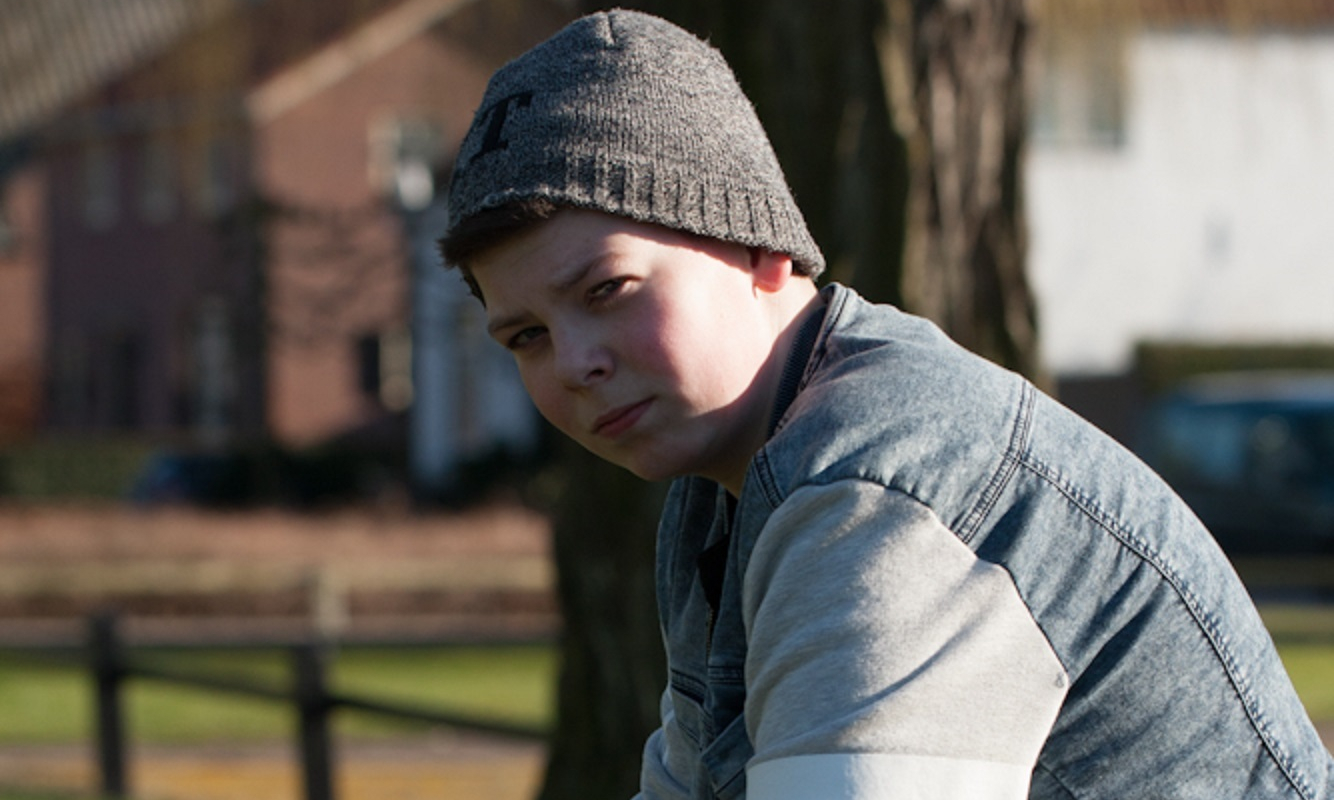
The impact of digital experiences on adolescents with mental health vulnerabilities
LSE’s Professor Sonia Livingstone and Dr Mariya Stoilova explain the findings of their new report on the impact of digital experiences on adolescents with mental ...more

(Un)Boxing Day: Kidfluencers reprise role as Santa’s Little Helpers
Christmas time is here, again. The festive lights, fir trees, and spectacular holiday window displays serve to remind us that we should be opening our ...more

Masters of the Digital? Who are the children who self-report online aggression?
There are overlaps between online victimisation and aggression - this is what the EU Kids Online study of 1,440 European children aged 9-16 showed. In ...more

School posts on Facebook could threaten student privacy
Like many of us, schools are active on social media. They use their accounts to share timely information, build community and highlight staff and students. ...more

Age assurance and age appropriate design: what is required?
Concerns for children’s online safety recently focused on the new evidence of the possible negative effects of Instagram on teen mental health reigniting long-standing questions ...more
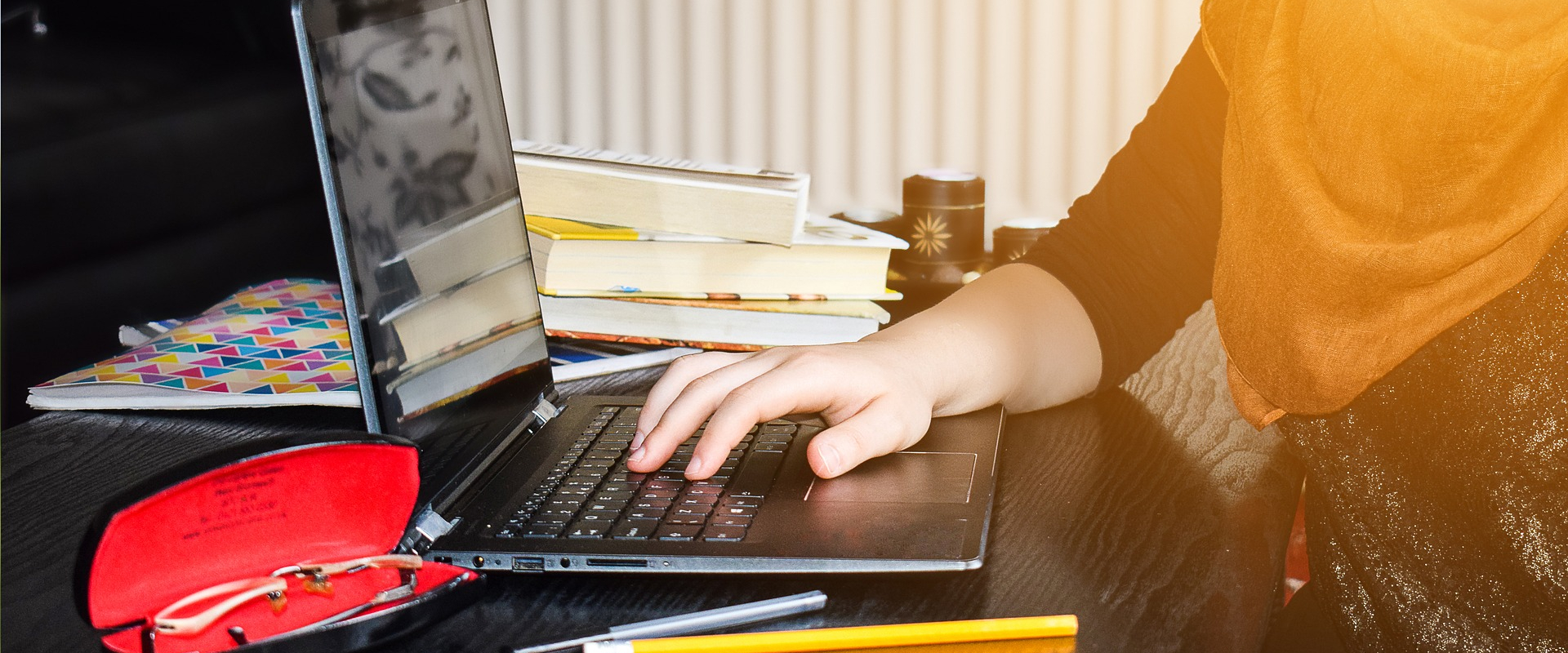
A missed opportunity: the new national media literacy strategy of DCMS
Earlier this year the UK government Department for Digital, Culture, Media and Sport published an ‘Online Media Literacy Strategy,’ as promised in the online harms ...more
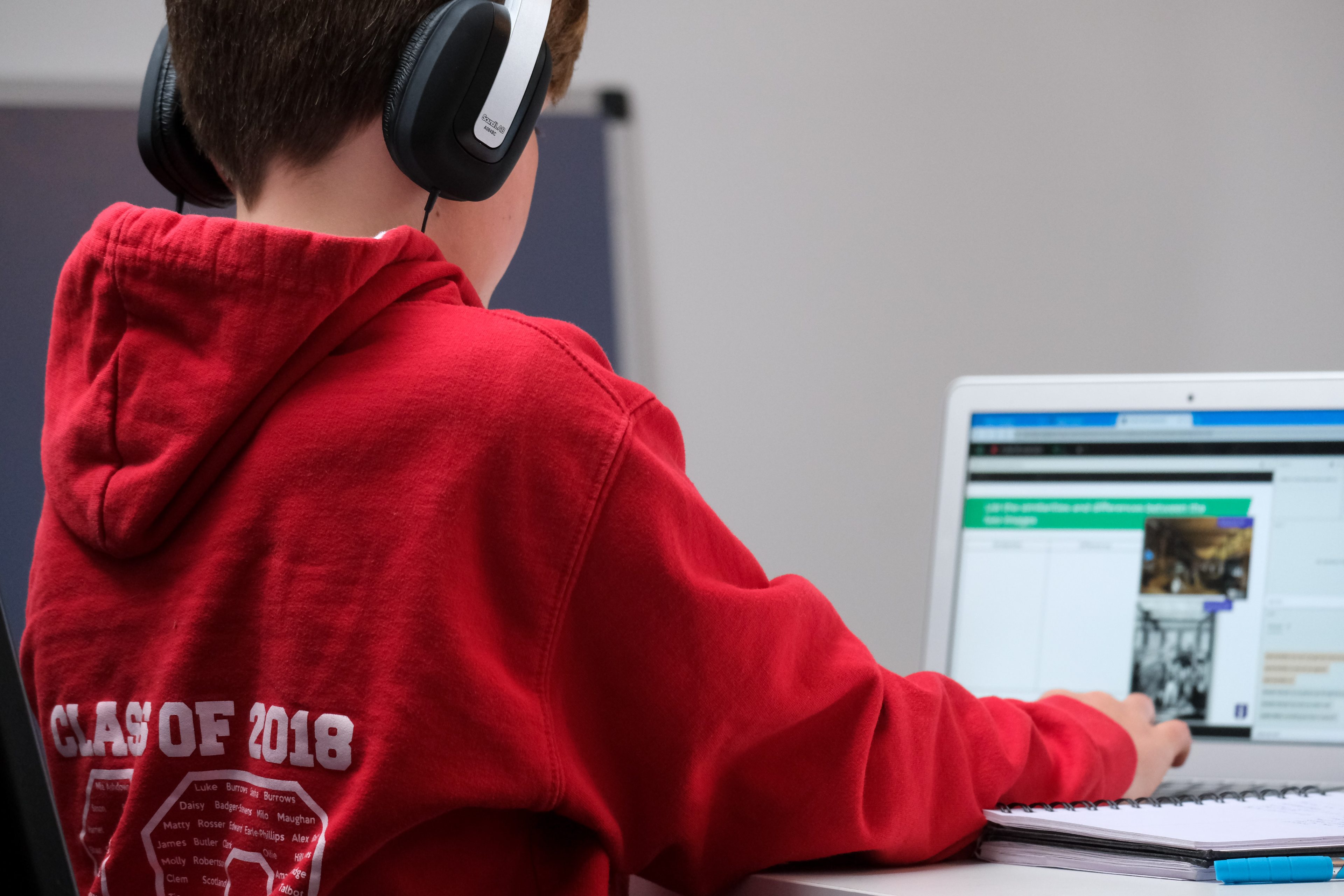
Algorithmic (in)justice in education: Why tech companies should require a license to operate in children’s education
In the wake of yet another storm of revelations about the merciless practices of powerful technology companies, Velislava Hillman, Visiting Fellow at LSE, looks at ...more

The digital lives of young people in India: developing a culture-centred approach to media literacy and digital citizenship
There’s no doubt that the pandemic has altered our relationship with media and technology over the last year, especially for young people whose education, entertainment, ...more

All digital skills are not all created equal, and teaching technical skills alone is problematic
Around the world governments encourage teaching in digital skills and literacies in the school curriculum and promote digital learning at home. The hope is that ...more

Too much to lose? Why OnlyFans fails to censor its explicit content
Online content subscription platform OnlyFans attracted a good deal of attention at the end of August when it announced that it would be banning sexually ...more

What to be mindful of: children’s mental health and the digital environment
An estimated 13% of the global adolescent population aged 12-19 years – or 166 million children – live with some mental disorder, according to UNICEF’s ...more

UK “Secure by Design” vs Australian “Safety by Design”
While the Covid-19 pandemic has sent internet use to record levels among both children and adults, UK household adoption of connected devices has been growing ...more

Opportunities and dangers of digital technologies: the views of children and young people on their leisure time behaviour
The influence of digital everyday technologies on the lives of children and young people is an increasingly researched field. This applies to the resulting opportunities ...more
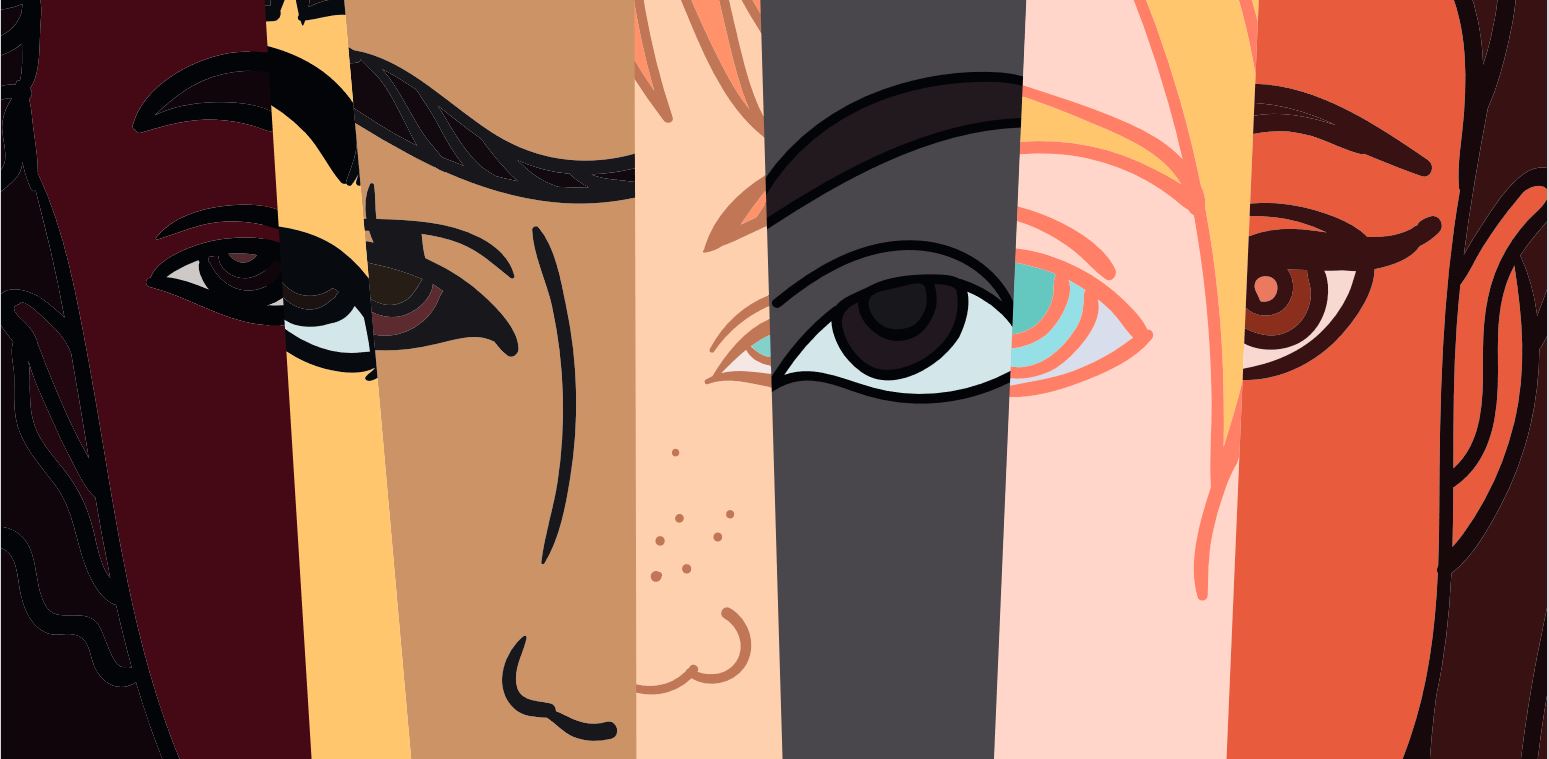
To lockdown and back: young people are ready for action in post-COVID recovery, but where is the call-up?
Here we are at the beginning of a new school year once again, not quite sure what’s ahead of us and how to prepare for ...more

Why is media literacy prominent in the UK’s draft Online Safety Bill 2021?
The UK government recently published a draft Online Safety Bill, which it says delivers on its commitment “to make the UK the safest place in the ...more

Adolescents and parents both value wisdom in the digital age: new findings and new directions for digital citizenship education
Children of all ages are at the forefront of using digital technologies but we often hear in the media how their internet use can be ...more

Problematising freemiums in digital games
A lot has changed in the world of digital play over the past decade. The speed and power of processors have produced games that we ...more

Ditch The Label: dealing with mental health in the digital age
We may be emerging from the other side of the COVID-19 pandemic in the UK, but with the pandemic came one of the greatest mental ...more

How the pandemic has made young people more vulnerable to risky online sexual trade
Young women become compelled to share more of their bodies on social media and "act sexy" to maintain their subscribers' interest and earn money. In ...more

Parenting for a Digital Future: summer 2021 roundup
As another school year draws to an end, many educators and parents might heave a sigh of relief. The past months have been demanding, often requiring a quick ...more
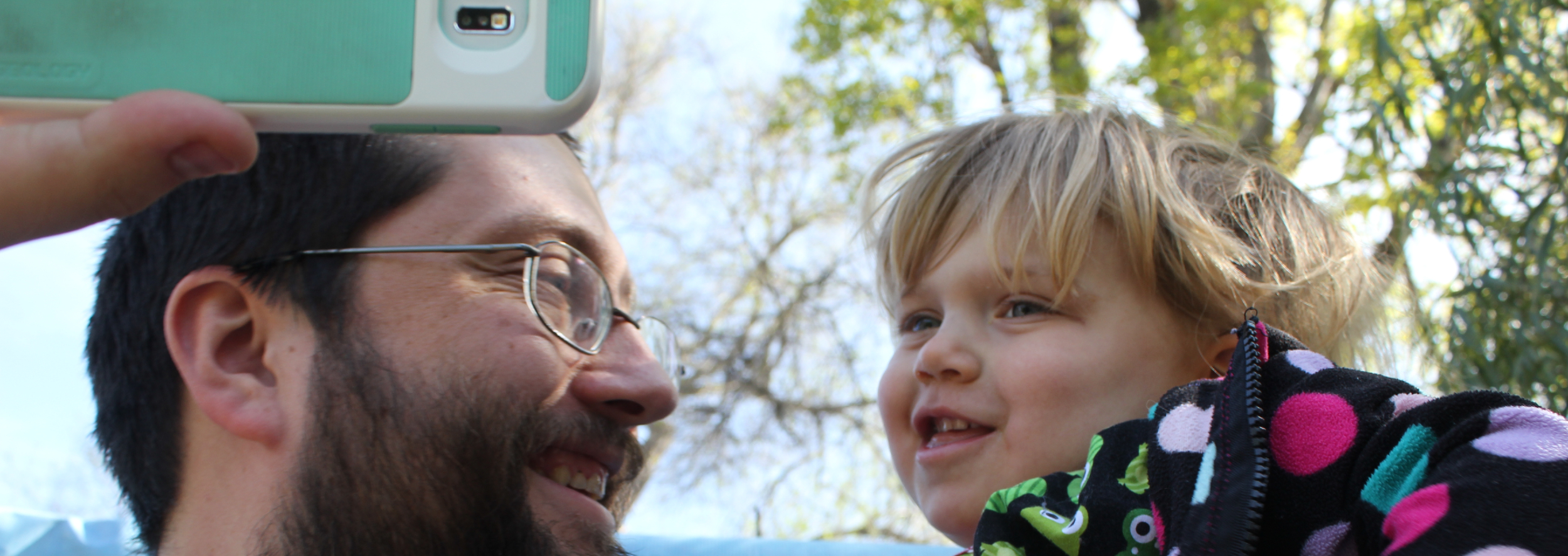
Parenting for a Digital Future – one year on
It’s been an eventful year in many ways, and a tough one for most people. Children’s lives became digital by default. Education went remote. Screen ...more

Twisted Toys exposes how children’s data are exploited and their rights systematically violated online
“Welcome to the World of Twisted ToysTM, a wonderland of excitement, experiences and exploitation. We pride ourselves on making toys that are addictive, risky and ...more

New fathers, mental health, and a spectrum of digital dis/engagement
Amidst ongoing focus on the difficulties many new mothers face in the period after having a baby, attention has recently been paid to the struggles ...more

Almost overnight, children’s lives became digital by default. What have we discovered?
During the pandemic, many children’s lives became ‘digital by default.’ What have we learnt? While children have reported some positive experiences, says Sonia Livingstone (LSE), digital inequalities ...more

Embedding children’s rights in data-driven education systems
The COVID-19 pandemic has shifted in-class, face-to-face learning to remote learning. But the consequences for children’s education are yet to be properly evaluated. Suddenly, education became dependent on fair ...more

Playing in a Pandemic
Children’s need for play in the current pandemic can be mapped in their imaginary farms, dens and worlds of Minecraft and dance routines on TikTok. As ...more
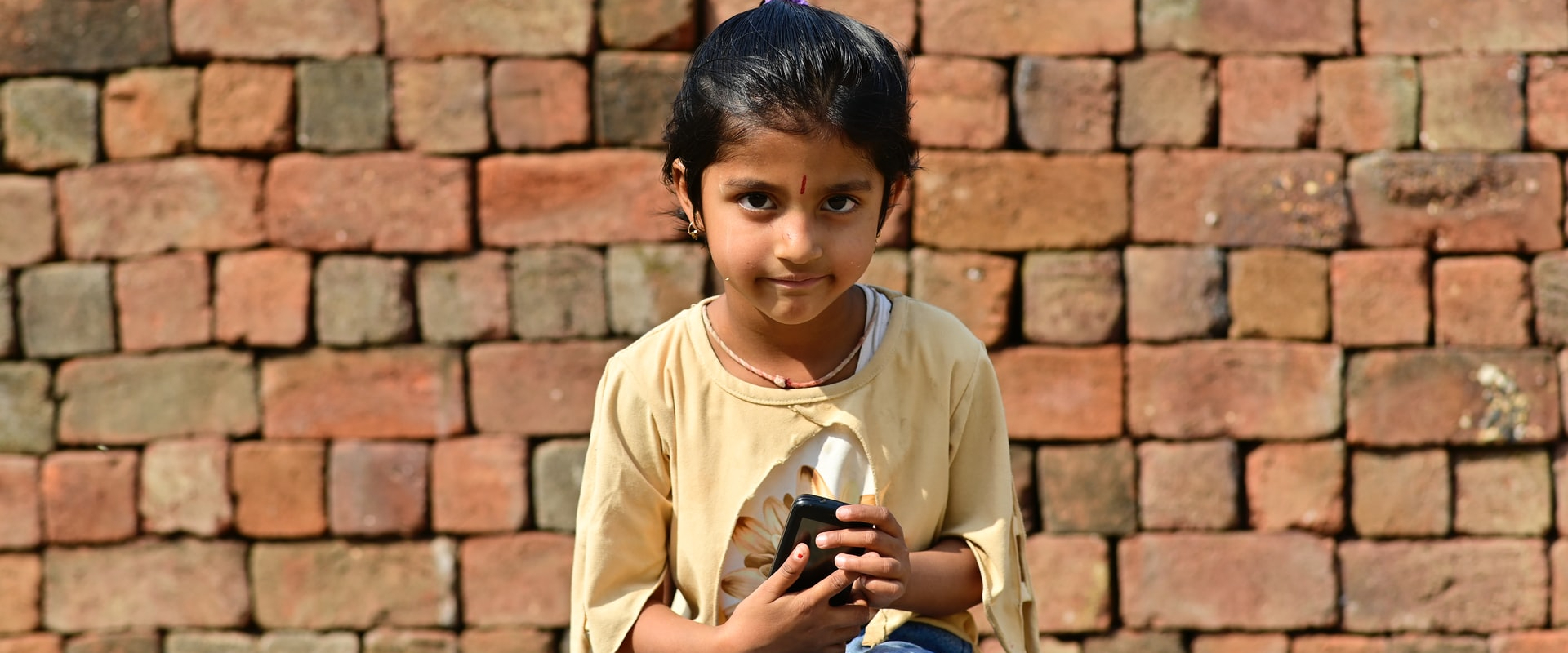
How might media aid and empower young people to manage armed political conflict?
The number of children who live in conflict zones is staggering: eighty-one percent live in a conflict-ridden state –1.8 billion souls. Yet when scholars discuss ...more

Post-lockdown, education, and children’s media use
For many families and children in the UK, 2021 kicked off with old and new challenges and uncertainties. Much about this school term has been ambiguous, ...more

Parents’ role in supporting, brokering or impeding their children’s connected learning and media literacy
How do parents and carers approach bringing up their children in the digital age? Drawing on research for Parenting for a Digital Future: How hopes ...more

Online abuse: teenagers might not report it because they often don’t see it as a problem
The government's Online Safety Bill, recently announced in the Queen's Speech, calls for a new system of regulation for tech companies with the goal of preventing ...more

Families, technology use, and daily life: parents’ role in building resilience and mitigating harm
Parents can become overwhelmed by the rapid changes in information and communication technologies (ICT) and contradictory advice on how best to support their children’s safe ...more

Apps that help parents protect kids from cybercrime may be unsafe too
Children, like adults, are spending more time online. At home and school pre-schoolers now use an array of apps and platforms to learn, play and ...more



